Many opinions say that in order for culinary tourism to create an unforgettable impression, it is necessary to personalize the experience, combine learning about customs and practices and practice preparing dishes.
In recent times, Vietnamese tourism has developed a number of products and activities related to cuisine, but more systematic solutions are still needed to promote efficiency and create a breakthrough for the tourism industry.
Elevating the destination
According to the Vietnam Tourism System Planning for the period 2021-2030, with a vision to 2045, one of the main product lines is "Promoting regional cultural values as the foundation for building tourism products associated with heritage, festivals, sightseeing and learning about lifestyles and cuisine; connecting Vietnamese heritages with countries in the region and the world ; effectively linking tourism with cultural industries."
This shows that it is very necessary to exploit the diverse and unique cultural values of regions to form unique and different tourism products with competitive advantages, contributing to building a prominent brand of Vietnamese tourism, creating new competitive strength for Vietnamese tourism on the international tourism map.
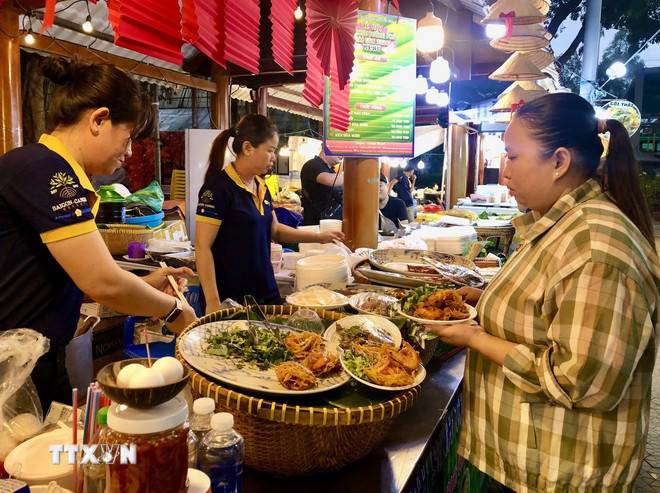
Dr. Doan Manh Cuong (Nguyen Tat Thanh University) proposed to develop more diverse culinary tourism products with many forms of experience and interaction, such as specialized tours to explore street food at Ben Thanh market, Tan Dinh market, Nguyen Thuong Hien culinary area... by bicycle, motorbike or on foot to connect with urban life.
In addition, we can organize traditional cooking class tours with cultural stories; or culinary exploration tours, introducing Chinese dishes in Cho Lon, Indian cuisine on Le Loi street or French cuisine at restaurants.
The city also needs to upgrade its food festivals to combine tourism, cultural performances, cooking competitions and food exhibitions.
From the perspective of Tay Ninh tourism, a locality with the art of preparing vegetarian dishes that has been recognized as a National Intangible Cultural Heritage, Master Du Quoc Dao, Van Hien University, believes that along with serving many unique vegetarian dishes, Tay Ninh tourism can enhance experiential activities such as introducing the uses of spices, ingredients, the health benefits of vegetarian dishes, or the art of presentation with aesthetic value, connecting philosophy and religious rituals.
This will be the direction to help Tay Ninh culinary tourism products create a "new level."
From the reality of training many chefs to prepare culinary specialties, Mr. Nguyen Quoc Y, Netspace Vocational Training Joint Stock Company, believes that culinary specialties in each locality of our country are very rich.
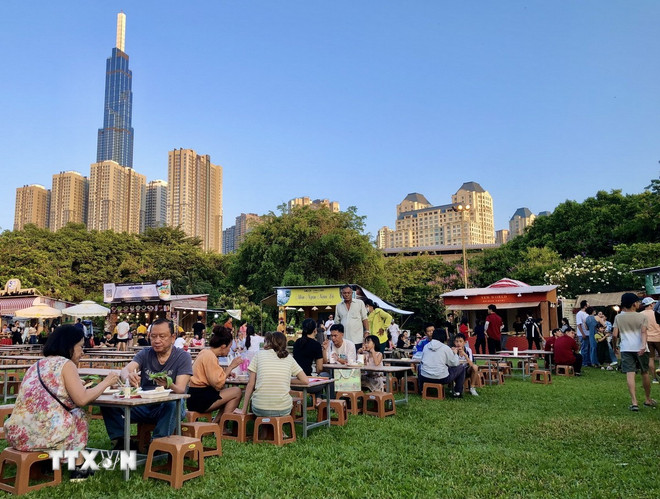
According to him, if invested in, promoted and developed, this will be a driving force to promote the food processing industry, while attracting tourists to experience and buy specialties as gifts.
Cooking tour programs not only help tourists enjoy the food but also directly participate in the preparation and interact with chefs and artisans, thereby understanding more about the culinary culture of each region.
Many tours can also combine experiences at farms and fields - places that provide ingredients to make dishes.
Human resources to meet demand
Experts say that developing culinary tourism requires human resources who not only understand food but also have management and organization skills.
The success of a culinary tourism product depends not only on the food and the space to enjoy it, but also largely on the level of the tour guide. The tour guide needs to have cultural and historical knowledge and in-depth understanding of local cuisine to guide tourists through the experience.
Chefs and restaurants also need to be trained in serving international guests, ensuring service quality and food hygiene and safety according to international standards.
Dr. Doan Manh Cuong said that there should be many solutions to improve the quality of human resources related to building and serving tourists with culinary tourism products, such as opening training courses on local culinary history and culture for tour guides, integrating cross-cultural communication skills and food hygiene and safety knowledge.
Chefs also need support in food presentation skills, international communication, preserving traditional recipes and be encouraged to participate in international competitions to enhance their reputation.
Master Doan Thi My Hanh, Van Hien University, said that having a local tour guide who is knowledgeable about cuisine will make it easier to increase the value of the product.
It would also make a difference if the wait staff were trained to also act as a guide. Therefore, destinations and food establishments should train chefs who are not only skilled but also confident in introducing and explaining the uniqueness of the ingredients, cooking methods and cultural significance of the dishes.
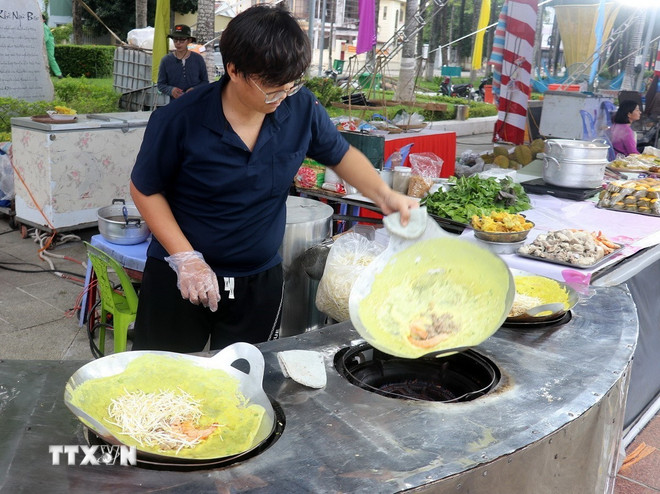
Sharing the same view, Master Do Le Phuc Hung Thinh and Master Sui Nghiep Phat, Hung Vuong University, analyzed and designed tours based on local culinary stories to both enhance the experience and promote and preserve culinary cultural heritage. Therefore, culinary businesses need a team of human resources who know how to "enrich" the experience of tourists through stories on the menu, information boards or through direct storytelling.
Local people can also become important resources, sharing the nutritional value, history, customs and significance of traditional foods.
Concerned with encouraging and honoring individuals who contribute to the development and spread of Vietnamese culinary culture, Mr. Nguyen Quoc Ky, Chairman of the Vietnam Culinary Culture Association, said that the Association has launched a program to award the title of Vietnamese culinary culture.
The program has many categories, including honoring culinary artists, researchers, and culinary ambassadors who have contributed to the development and promotion of Vietnamese culinary quintessence to the people and tourists. The honoring ceremony is scheduled to be held in November in Ho Chi Minh City./.
Lesson 1: Cultural stories from dishes
Source: https://www.vietnamplus.vn/de-moi-trai-nghiem-luon-tao-dau-an-voi-du-khach-post1066336.vnp








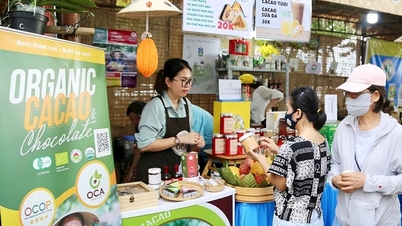

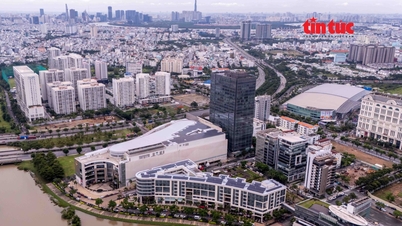

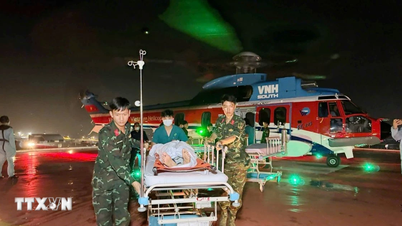
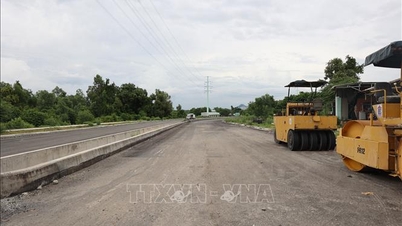



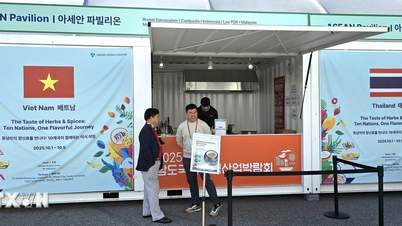

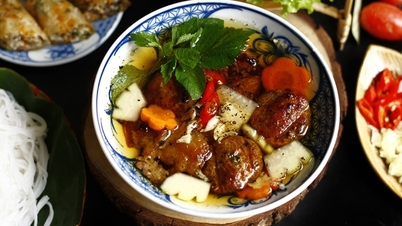

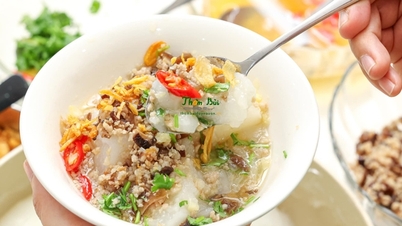
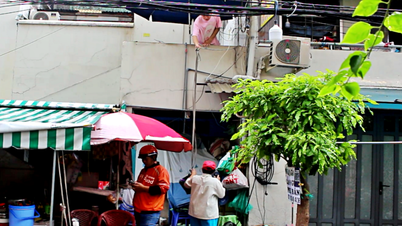

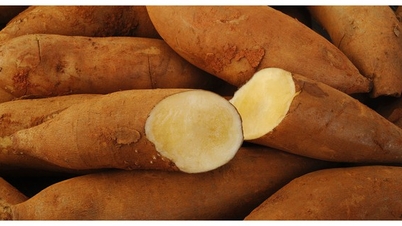




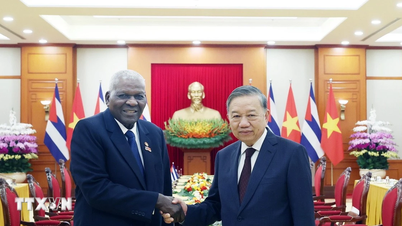


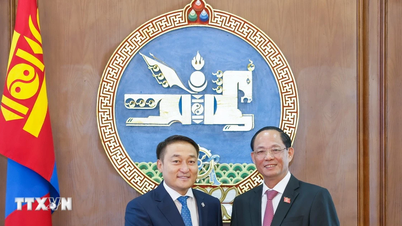
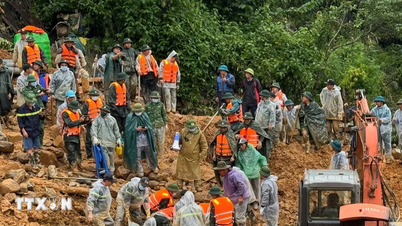
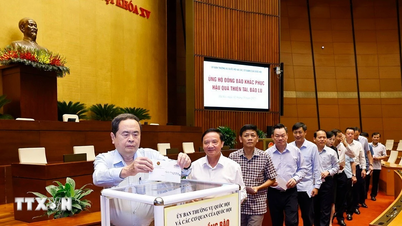












































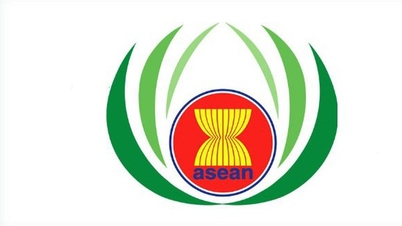
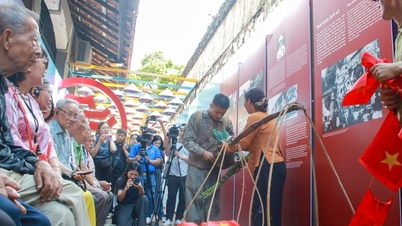
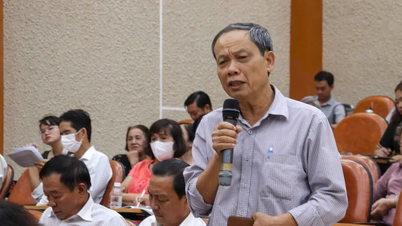



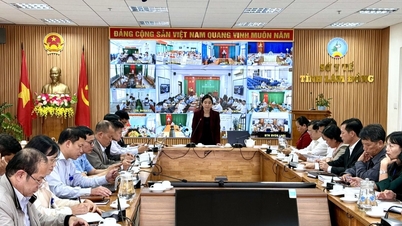



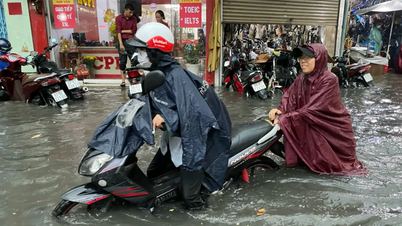













Comment (0)